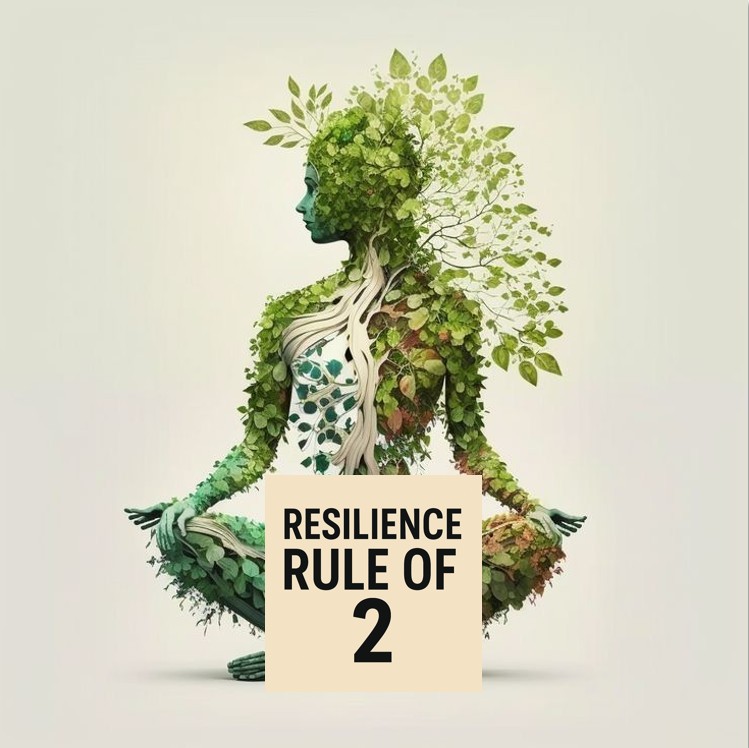In connection with the brain’s response to change, it is important to understand that even positive changes are stressful for the brain. Experts largely recommend introducing only two new changes at a time if you want them to be effective and lasting. If you try to implement more changes at once, the risk of overwhelming your system increases – and this is not due to a lack of motivation or discipline, but rather to our biology.
WHY?
The fact that the brain perceives even positive life changes as stress was discovered in the 1960s by researchers Thomas Holmes and Richard Rahe*, psychiatrists who sought to understand how major changes affect stress and health. They studied five thousand patients and selected forty-three of the most common life events to determine whether such events cause stress. Each life event, whether sad or joyful, was given a score. The more events a person accumulated, the higher their stress score – and the greater the likelihood of illness. This groundbreaking study showed that even positive life changes require adaptation.
You may be tempted to introduce many changes but try to cooperate with your biology and stick to the “Resilience rule of two” – start gradually. Patience is essential, as it takes a little over eight weeks to form a new habit.
We also consider these principles in the implementation of our pilot programme of “Digital Detox”. The testing lasts 12 weeks, which is long enough to create new habits. Each participant is encouraged to choose up to 2–3 non-digital activities to fill the time previously spent in front of screens meaningfully, not to overburden the system.
This autumn, we will relaunch the Digital Detox programs in some partner countries (Hungary, Slovenia, Italy and Germany). You are warmly invited to join us if you would like to establish healthy habits in the use of digital devices.
*https://www.draditi.com/columns/the-resilience-rule-of-2
**https://www.sciencedirect.com/topics/psychology/social-readjustment-rating-scale
